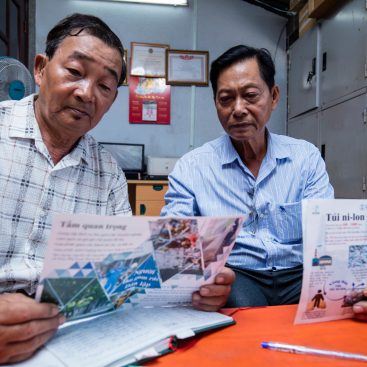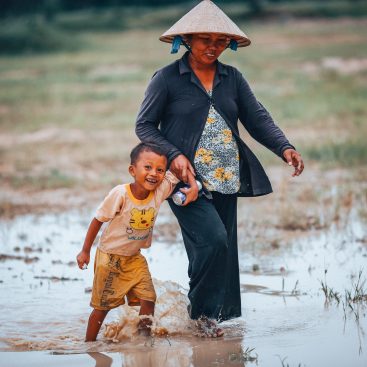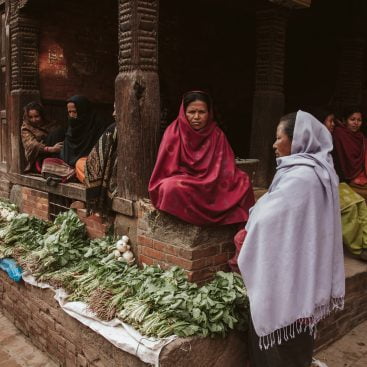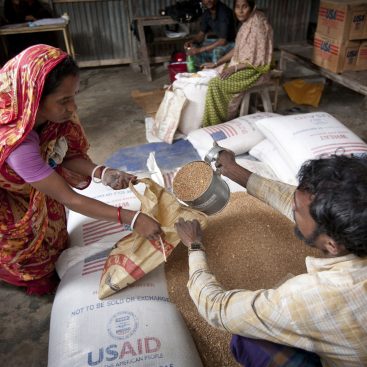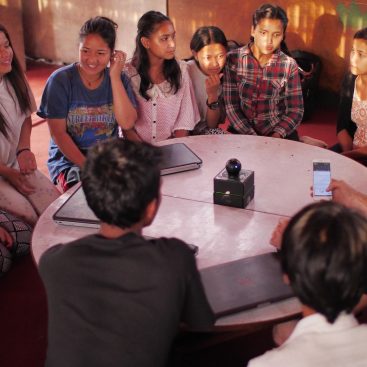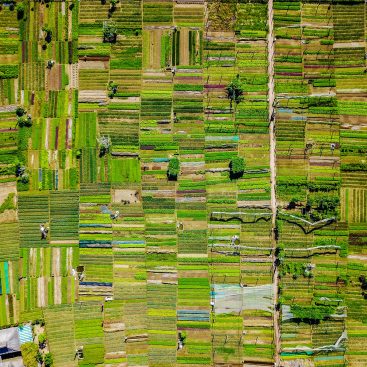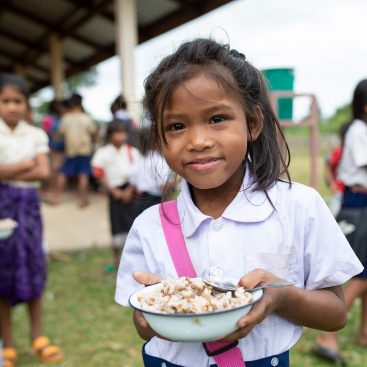Research Team
PI:

Madan M Dey
Professor and Chair
Texas State University
mmd120@txstate.edu
Co-Pi:

Pratheesh Omana Sudhakaran
Assistant Professor
Texas State University
pratheesh81@txstate.edu
Embedded Research Translation Lead:

Shahidul Islam
Researcher/Agriculturist
Mati Bangladesh
shahid.bd1172@gmail.com
Co-Pi:

Md. Akhtharuzzman Khan
Professor
Bangladesh Agricultural University
azkhan13@bau.edu.bd
Co-Pi:
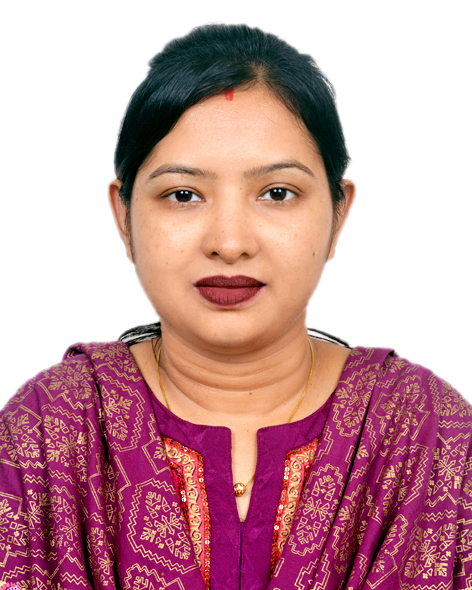
Rakhi Chacrabati
Associate Professor
Bangladesh Agricultural University
rakhi.chacrabati@bau.edu.bd
Project Information
Title of Project: Enhancing Resilience in Chicken Value Chain in Bangladesh: Reducing Moral Hazard and Improving Food Safety Strategies
Sector: Agriculture & Food Security
Country: Bangladesh
Lead Institution: Texas State University
Co-PI Institution: Mati Bangladesh; Bangladesh Agricultural University
Final Budget: $149,958.92
Project Length: One year
Research Objective:
This research aims to inform the policymakers on factors influencing unsafe meat production, processing, and sales to devise effective intervention across the poultry value chain in Bangladesh. The specific objectives are as follows:
1. Understanding knowledge, attitude, and practices (KAP) of safe chicken among poultry producers and other value chain actors in Bangladesh.
a. Examining the factors that incentivize production of unsafe poultry to explain moral hazards and risk reduction behavior of poultry producers and other value chain actors.
b. Evaluating the institutional framework (market, regulation, and policy) to explore the reasons for moral hazard across the poultry value chain.
c. Exploring the resilience capacities to shocks of producers and other value chain stakeholders.
2. Develop training programs for farmers based on the outcome of objectives 1a and 1b.
3. Organize national and regional policy dialogues, with the participation of various stakeholder groups and national policy planners (such as the Ministry of Planning).
Project Description:
In Bangladesh, poultry is regarded as an important subsector of agriculture with its contribution to employment, food security for diverse socio-economic people. However, the quality of poultry meat is a growing concern with the presence of heavy metals like chromium, cadmium, arsenic, mercury, etc. in poultry feeds and the use of antibiotics as a growth promoter in poultry. Producers use steroids, antibiotics, growth regulators, vegetable oils, etc. for chicken fattening which can be biomagnified through bio-accumulating in the food chains and can lead to many life-threatening health hazards. The indiscriminate use of unsafe elements has been identified as a behavioral response to moral hazard. Without a proper policy or market mechanism, the producer and other value chain actors would try to choose their production decision to maximize their return including unfavorable activities to the consumer, which is considered as moral hazard behavior (MHB). This research aims to inform the policymakers on factors influencing unsafe meat production, processing, and sales to devise effective intervention across the poultry value chain in Bangladesh.
Baseline information and the moral hazard of value chain actors will be collected from different poultry industry actors, through an economic field experiment. The experiment will be designed to capture the producer’s and other value chain actors’ perception and knowledge about the different production practices and policies related to poultry products from different regions of Bangladesh. The effect of the institutional framework in current production conditions will be evaluated through literature review and FGD. The resilience capacities to the shock of poultry producers and other value chain stakeholders will be evaluated using USAID’s proposed resilience capacity framework. Besides, the activities included in objectives 2 and 3 will be based on the outcome of the first objective. The training objective of this project is based on the idea that a better education program centered on sound identification of training needs among poultry industry participants will lead to improved safety outcomes. The research team will conduct different training programs to uplift the motive of safe poultry production and consumption across the value chain. The project will be implemented in collaboration with various government agencies, such as Bangladesh Food Safety Authority, Bangladesh Livestock Research Institute, Department of Livestock Services, and the Ministry of Planning, and poultry farmers (through Bangladesh Organization of Marginal Poultry Farmers & Marginal Poultry Professionals), and will conduct regular dialogues through meetings, seminars.
Embedded Research Translation Product:
Objective 1a 2-3 publications in peer-reviewed journals
Objective 1b and 1c 1-2 publications in peer-reviewed journals
Objective 2 1 course on minimizing moral hazards and 4 training sessions
Objective 2 1 course on safe poultry production practices and 4 training sessions
Objective 3 1 national-level seminar
Objective 3 Press release to mainstream media and social media
Objective 3 2000 dissemination flyers each on moral hazard and safe poultry production
Objective 3 Featured documentary/talk show on moral hazard and safer chicken production.
Embedded Research Translation Audience:
Objective 1a Research and extension community; policy makers
Objective 1b and 1c Research and extension community; policy makers
Objective 2 100 poultry farmers (at least 50% women)
Objective 2 100 poultry farmers (at least 50% women)
Objective 3 100 policy makers & relevant stakeholders including media
Objective 3 15-20 media personnel and 2-3 hundred thousand audiences through social media
Objective 3 Poultry farmers and relevant stakeholders
Objective 3 General public
Click Here for Outputs

